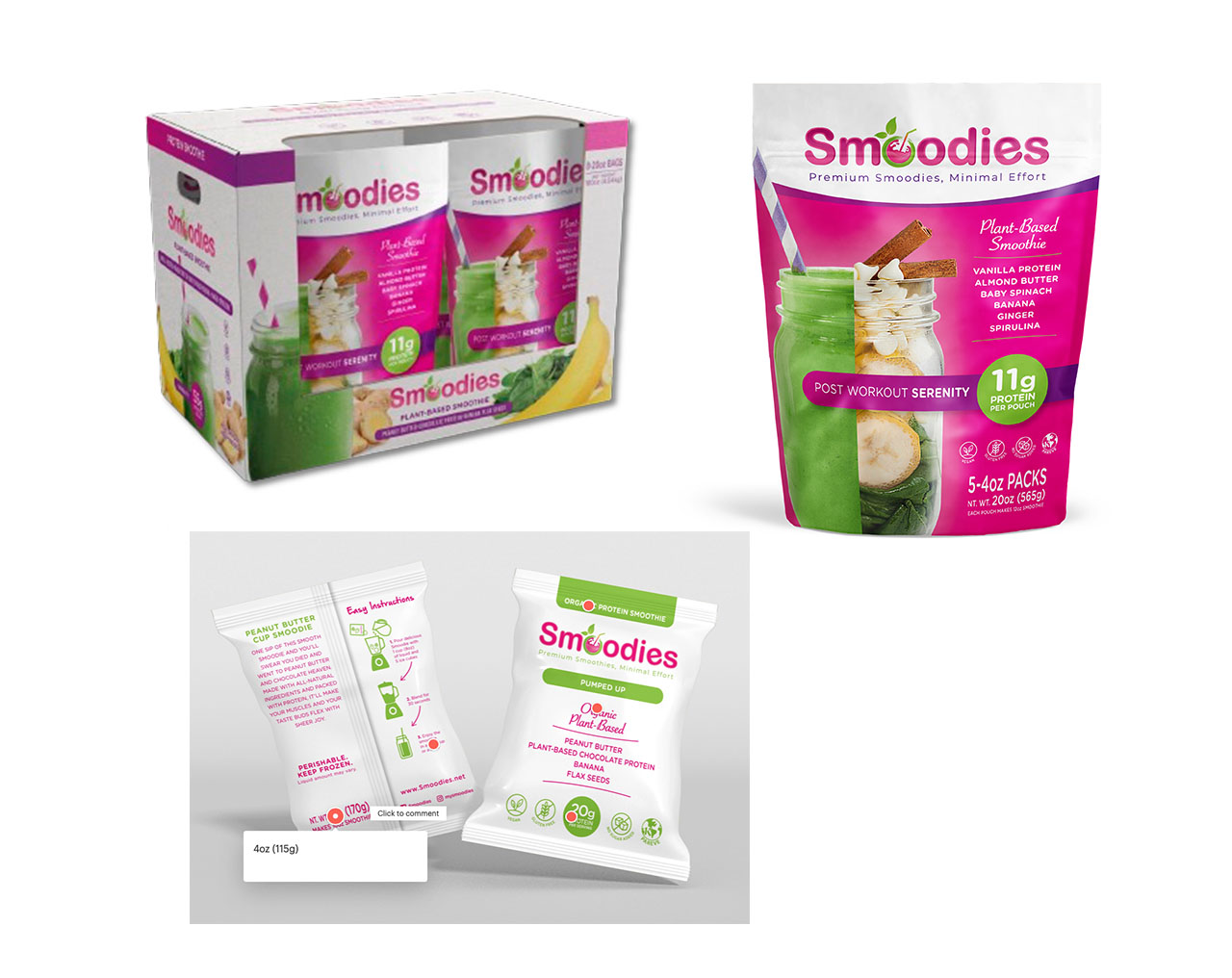In 2024, the trend of environmentally friendly materials for food packaging bags mainly focuses on the following aspects:
Biobased Plastics: Biobased plastics are made from renewable resources such as plant starch and sugarcane, reducing reliance on petroleum-based materials. These materials can biodegrade after use, minimizing environmental impact.
Biodegradable Materials: Biodegradable materials (like PLA, PHA, etc.) can decompose into natural elements under specific conditions, leaving no lasting pollution in the environment. These materials are particularly suitable for single-use food packaging, meeting environmental needs.
Recycled Materials: The trend of using recycled plastics (rPET) as food packaging materials is on the rise. This approach not only reduces the need for new plastics but also lowers carbon footprints, promoting the development of a circular economy.
Paper Packaging: Although paper packaging has limitations in moisture resistance and durability, innovations like coatings and composite materials are making it more functional while remaining recyclable, aligning with sustainable development ideals.
Natural Coatings: Some food packaging bags use natural coatings (like wax, plant oils, etc.) to prevent moisture and oxidation. These coatings are biodegradable, helping to reduce reliance on traditional plastic coatings.
Plastic-Free Designs: Some brands are experimenting with completely plastic-free packaging solutions, using materials like metal or glass. Although these options can be more costly, they hold positive implications for environmental sustainability.
Smart Packaging Technologies: Integrating sensors into smart packaging can not only extend the shelf life of food but also implement more sustainable solutions through eco-friendly materials. Such technologies help reduce food waste while enhancing consumer experiences.
Overall, the use of environmentally friendly materials in food packaging bags is an effective way to address environmental challenges and an important step in meeting the growing consumer demand for sustainable products. Through innovation and research, businesses can actively promote green development while ensuring food safety and quality.
 Sustainable Shift: The Rise of Biodegradable Packaging Materials in the Food Industry
Sustainable Shift: The Rise of Biodegradable Packaging Materials in the Food Industry
 The Impact of Modified Atmosphere Packaging on Food Preservation
The Impact of Modified Atmosphere Packaging on Food Preservation
 Unveiling the Advantages of Tattoo Tint Packaging: A Perfect Blend of Sustainability, Style, and Functionality
Unveiling the Advantages of Tattoo Tint Packaging: A Perfect Blend of Sustainability, Style, and Functionality
 The Evolution of Food Packaging: From Pouches to Display Boxes
The Evolution of Food Packaging: From Pouches to Display Boxes